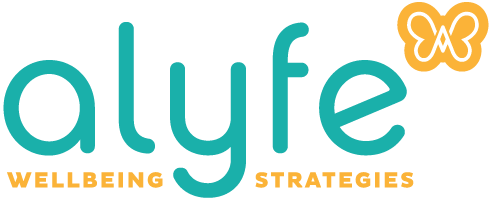What Better Time to Build a Resilient Workforce
Did you know, during the first full week of April each year the American Public Health Association brings together communities across the United States to observe National Public Health Week. It is known as a time to recognize the contributions of public health and highlight important issues to improving our nation's health. This year, a topic of focus is resilience.
What is Resilience?
Resiliency is the ability to cope or bounce back during times of stress, tragedy, and adversity. It is what allows people to thrive during life's hardest lessons. Think of it as a long quest. It takes patience, practice, and experience from friends and family. Sometimes you may run into an obstacle, but it's important to preserve throughout your quest and look back at how far you've come.
How to build resilience?
Although we may exert some resilient characteristics more than others, we are not born resilient. It is something we must learn and practice to strengthen. Below are strategies to help build with building resilience.
Seek Social Support
Seeking support from family, friends, groups, or communities is one of the best ways to build resilience. Social support might include listening to problems, showing empathy, or helping with practical issues and solving problems.
Existing relationships - Make it a priority to maintain meaningful relationships, even during times when you are busy or when you may feel like you want to isolate.
Community support - Build support with like-minded people by joining hobby groups or volunteering in the community.
Support groups - Connect with others who are experiencing similar situations.
Be Well
The body and mind are closely related, and the health of one can affect the other. Care for your emotional well-being and physical health by committing to healthy lifestyle choices.
Eat Healthily
Engage in Physical Activity
Sleep Well
Practice Mindfulness
Avoid Negative Outlets
Support Healthy Thinking
Do you think of your glass as half-empty or half-full? Everyone can learn positive thinking skills to reflect an optimistic outlook on life and attitude toward ourselves.
Acceptance - We cannot change the past, but we can accept and anticipate change in the present and future. Doing so allows us to adapt to new challenges with less stress and anxiety.
Positive perspective - Find an optimistic outlook under challenging circumstances. Reframe your thinking to find more balance or a positive aspect of the situation.
Learn from the past - Look at past challenges as an opportunity for growth. Learn your strengths and weaknesses and how you can respond effectively to new challenges.
Find Meaning
Finding meaning is making sense of and discovering the significance of an experience. Cultivating purpose in life can lead to positive mental health.
Set goals - Do what gives you a sense of accomplishment, even if it seems small, and set goals for a purposeful future.
Self-discovery - Look for opportunities to discover your passions and personal values. Try to live according to those values.
Resources

